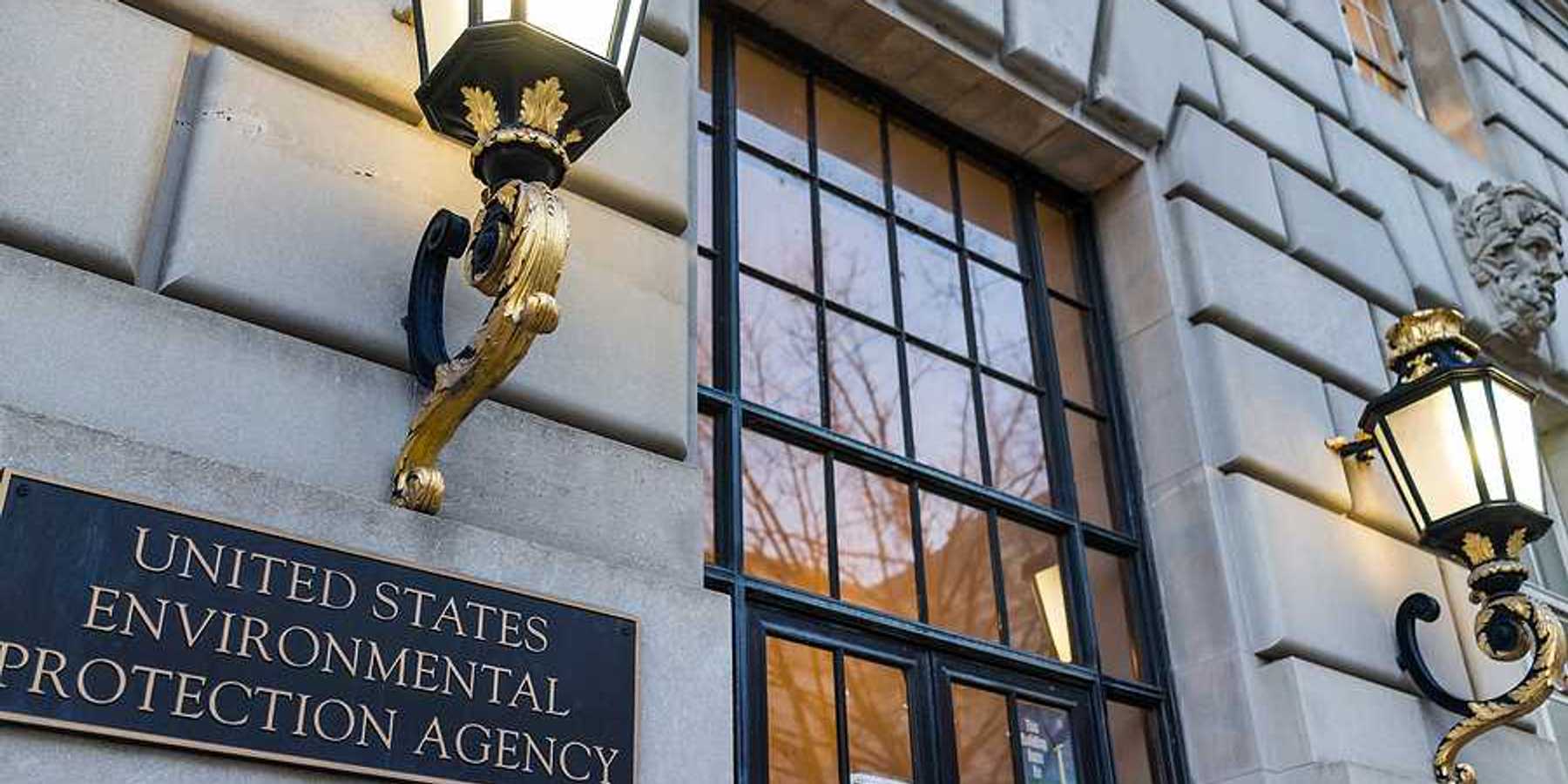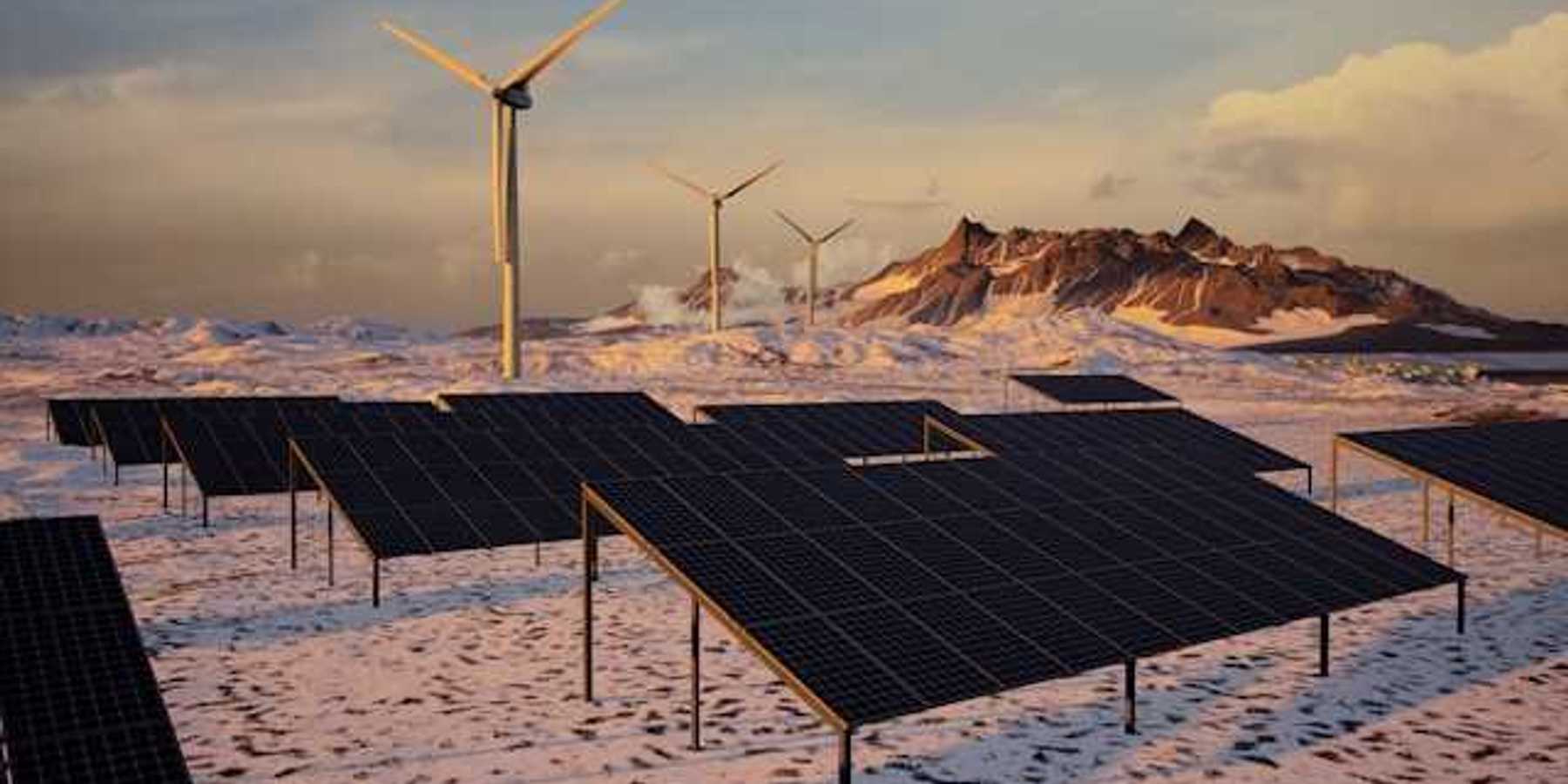Climate pledges fall short as COP29 approaches
Global efforts to curb climate change remain insufficient, with new reports indicating that current national policies will lead to a 3-degree Celsius rise in global temperatures by 2100.
Bob Berwyn reports for Inside Climate News.
In short:
- A trio of reports ahead of COP29 in Azerbaijan warn that current national commitments to cut emissions fall far short of the targets needed to curb warming.
- The United Nations says current plans reduce emissions by only 2.6% from 2019 levels, rather than the 40% required by 2030 to limit warming to near 1.5 degrees Celsius.
- Experts from the World Meteorological Organization describe the current emissions path as “too hot to handle,” emphasizing the urgent need for sector-specific, enforceable climate policies.
Key quote:
“These are more than just statistics. Every part per million matters; every fraction of a degree of temperature increase matters in terms of the speed of glacier and ice retreat, the acceleration of sea level rise, ocean heat and acidification.”
— Ko Barrett, NOAA climate advisor and deputy secretary general of the World Meteorological Organization
Why this matters:
The current pace of global emissions reduction is inadequate to prevent extreme climate impacts, like rising sea levels and extreme weather, which disproportionately threaten vulnerable communities and biodiversity. COP29 may be the last chance this decade to enforce immediate, effective climate policies.
Read more:













